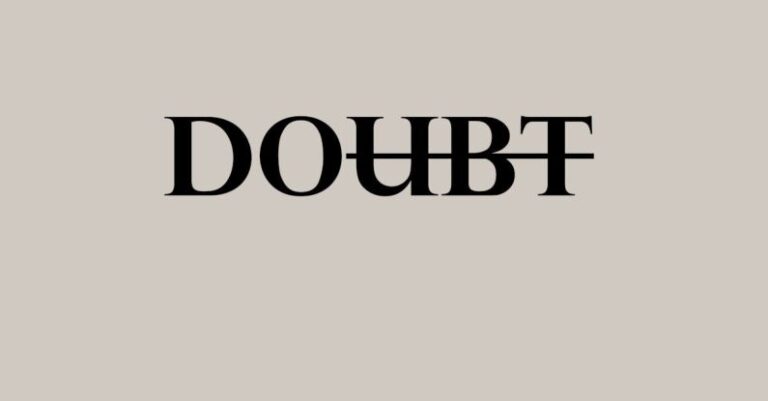
Setting achievable work goals is essential for personal and professional growth. Many individuals struggle to define and attain their objectives due to a lack of clarity or unrealistic expectations. By following a few key steps, you can learn how to establish meaningful and attainable goals that will propel you towards success in your career. From understanding the importance of specificity to breaking down larger goals into smaller tasks, mastering the art of setting achievable work goals is a crucial skill that can lead to increased productivity and fulfillment in the workplace.
**Understanding the Significance of Specificity**
One of the most common pitfalls when setting work goals is being too vague. Goals like “improve performance” or “be more productive” lack the specificity needed to be actionable. To set achievable work goals, it is crucial to be as specific as possible. Instead of aiming to “improve performance,” consider setting a goal like “increase sales by 20% in the next quarter.” Specific goals provide a clear target to work towards and make it easier to track progress and measure success.
**Aligning Goals with Your Values and Priorities**
When setting work goals, it is important to align them with your values and priorities. Goals that are not in line with what truly matters to you are less likely to be achieved. Take the time to reflect on what is important to you in your career and ensure that your goals reflect those values. By setting goals that are meaningful to you, you will be more motivated to work towards them and more likely to succeed.
**Breaking Down Larger Goals into Smaller Tasks**
Large, daunting goals can be overwhelming and challenging to achieve. To increase your chances of success, break down larger goals into smaller, more manageable tasks. By dividing a big goal into smaller steps, you create a roadmap that guides you towards your ultimate objective. This approach not only makes the goal seem less intimidating but also allows you to celebrate small victories along the way, keeping you motivated and on track.
**Setting Realistic Timelines**
Setting deadlines for your work goals is crucial for maintaining focus and momentum. However, it is essential to set realistic timelines that take into account your other responsibilities and potential obstacles. Be honest with yourself about how much time and effort a goal will require, and give yourself enough time to complete it successfully. Rushing to meet unrealistic deadlines can lead to burnout and decreased quality of work.
**Tracking Progress and Adjusting as Needed**
Setting achievable work goals is not a one-time task; it requires ongoing monitoring and adjustment. Regularly tracking your progress towards your goals allows you to identify what is working well and what needs improvement. If you find that you are not making the progress you had hoped for, be willing to adjust your approach or timeline as needed. Flexibility is key to successfully achieving your work goals.
**Maintaining Accountability**
Sharing your work goals with others can help hold you accountable and provide additional motivation. Consider sharing your goals with a trusted colleague, mentor, or friend who can support you in your journey. Regular check-ins with someone who is aware of your goals can help keep you on track and provide valuable feedback and encouragement.
**Celebrating Achievements**
Finally, remember to celebrate your achievements along the way. Recognizing and rewarding yourself for reaching milestones, no matter how small, can help maintain your motivation and drive. Celebrating your successes also reinforces the progress you have made and encourages you to continue striving towards your larger goals.
**In Summary**
Setting achievable work goals is a skill that can be developed with practice and intention. By being specific, aligning your goals with your values, breaking them down into smaller tasks, setting realistic timelines, tracking progress, maintaining accountability, and celebrating achievements, you can increase your chances of success in the workplace. Remember that setting goals is a dynamic process that requires flexibility and adaptability. With dedication and a clear vision of what you want to achieve, you can set and achieve meaningful work goals that propel you towards a successful and fulfilling career.





